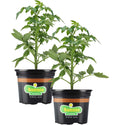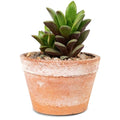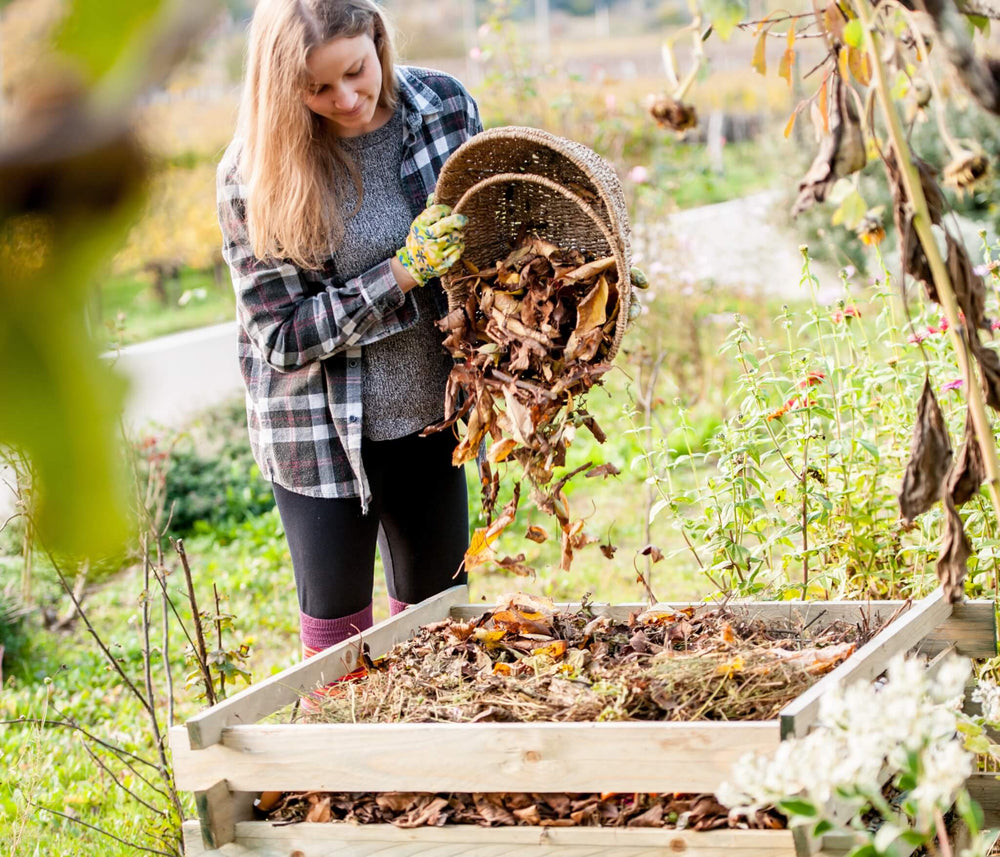
The Essentials of Organic Gardening
- Work compost into soil to increase soil's ability to retain water and nutrients. Compost also supports beneficial soil microbes that help spur healthy plant growth. Don't worry if you don't have a compost pile, either. You'll get great results by mixing Miracle-Gro® Performance Organics® All Purpose In-Ground Soil, which contains aged compost, in with your existing soil.
- Avoid planting large blocks of the same crop, which offers an easy target for pests.
- Protect soil from compaction with wide rows or raised planting beds. Permanent footpaths also prevent soil compaction.
- Inspect plants daily to catch pest and disease attacks before they become major problems. Research pest and disease problems to learn all control options.
- Make sure plants continue to get plenty of nutrition throughout their lifetimes by feeding them regularly with organic plant food, such as Miracle-Gro® Performance Organics® Edibles Plant Nutrition Granules, which fertilizes plants continuously for up to 6 weeks. (Be sure to follow directions.) As a bonus, it also feeds the microbes in the soil that help make nutrients more easily available to your plants.
- Choose synthetic chemicals for pest control only when all other methods fail. Select a target-specific chemical (which targets a specific insect) instead of a broad-spectrum one (which targets many different types of insects).
- Hang birdhouses and add a birdbath to attract insect-eating birds to your garden, but be ready to share some fruit with them, too. (Or, don't do this one.)
- Let leafy crops, such as broccoli or greens, flower at the end of their season to provide nectar for beneficial insects.
-
Mulch planting beds to suppress weeds and retain soil moisture.






 Herbs
Herbs
 Vegetables
Vegetables
 Fruit
Fruit
 Flowers
Flowers
 Succulents
Succulents


